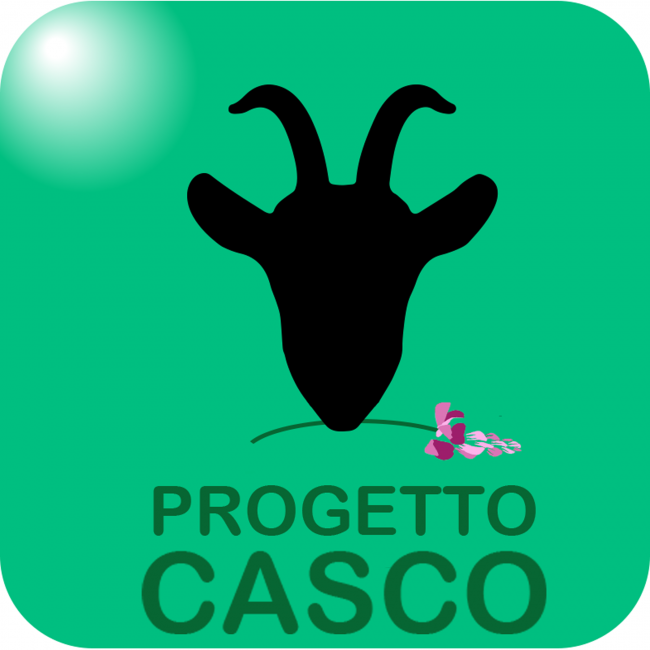Evaluation of an integrated system for the control of gastrointestinal parasites of goats: environmental, agro-zootechnical and health implications

The project addresses the issue of controlling gastrointestinal nematode (NGI) parasites in dairy goats. Among the strategies for the control of NGI it is possible to use condensed tannins (CT), which in addition to a proven efficacy on endoparasites have positive aspects on the animal and the environment. It proposes an integrated system for the control of NGI based on the identification of the quantity of forage plants rich in CT / other foods or a commercial extract of CT to be included in the ration in order to reduce the level of NGI without compromise the production of goats.
Identification of the quantity of fodder plants and a commercial extract with condensed tannins to be included in the goat diet to reduce endoparasites. Technological tests to identify the physical form of inclusion of the commercial extract. Field tests on animals of farm partners to determine the effective quantity on parasites. In vitro test for the nutritional evaluation of fodder and other foods, the characterization of the antiparasitic capacity and the reduction of the rumen methanogenesis of the extracts obtained. Preparation of experimental fields to carry out the appropriate agronomic surveys on forages with TC.
To the project partecipate dairy goats farms, they usually graze the animals from March to the end of October and supplement the goat's diet with fodder / concentrates to varying degrees depending on the intensity of grazing. Grazing is a source of health risks and exposes animals to the acquisition of parasites (gastrointestinal nematodes) through the ingestion of fodder contaminated by the larvae. These parasites are considered the most important on the zoo-economic level because their presence is correlated to significant production losses and constitute a widespread problem in Lombardy. The project addresses the control of gastrointestinal parasitism in goat farms to help them improve production and above all make a contribution to their sustainability. The control of endoparasites is usually carried out with synthetic molecules (anthelmintics) administered periodically at crucial moments, but it is also possible to resort to tannins, bioactive chemical compounds with multiple positive functions on the animal such as increasing the efficiency in digestion of proteins and the reduction of enteric methane. The effects of tannins against gastrointestinal nematodes are due both to a direct anthelmintic-like effect through a reduction in the fecundity of females and excreted eggs, and to an indirect action on a nutritional basis, capable of strengthening the immune response of the host against parasites.
The use of fodder or condensed tannin extracts in goat breeding is an important milestone, as it fits well in an endoparasitosis control plan; moreover, being natural products, they can also be used during lactation (which represents the most critical phase as regards the susceptibility of animals to parasitic infestations) because they do not determine the presence of residues in the milk and, therefore, do not provide for periods of suspension of the use of this matrix for food and / or cheese-making purposes. The proposed solutions have a high innovative degree due to the double positive effect that they would be able to play, on the one hand in the control of parasitosis, on the other for the environmental effects. The added value of the project is also that deriving from the forage cultivation experiments containing condensed tannins. The methodology used in the Project promises to provide highly valid data since in addition to verifying the effectiveness of the tannins on the parasites, assessments on metabolism and production will be carried out. Analysis of the rumen and faecal microbiota will provide original data for the goat for the first time in this regard. In fact, the microbial communities that reside in the gastrointestinal tract play a crucial role in the metabolism of nutrients and consequently for the well-being of the animal and for its production performances.
| Titolo/Descrizione | Url | Tipologia |
|---|---|---|
|
Sito web del progetto
|
Sito web
|